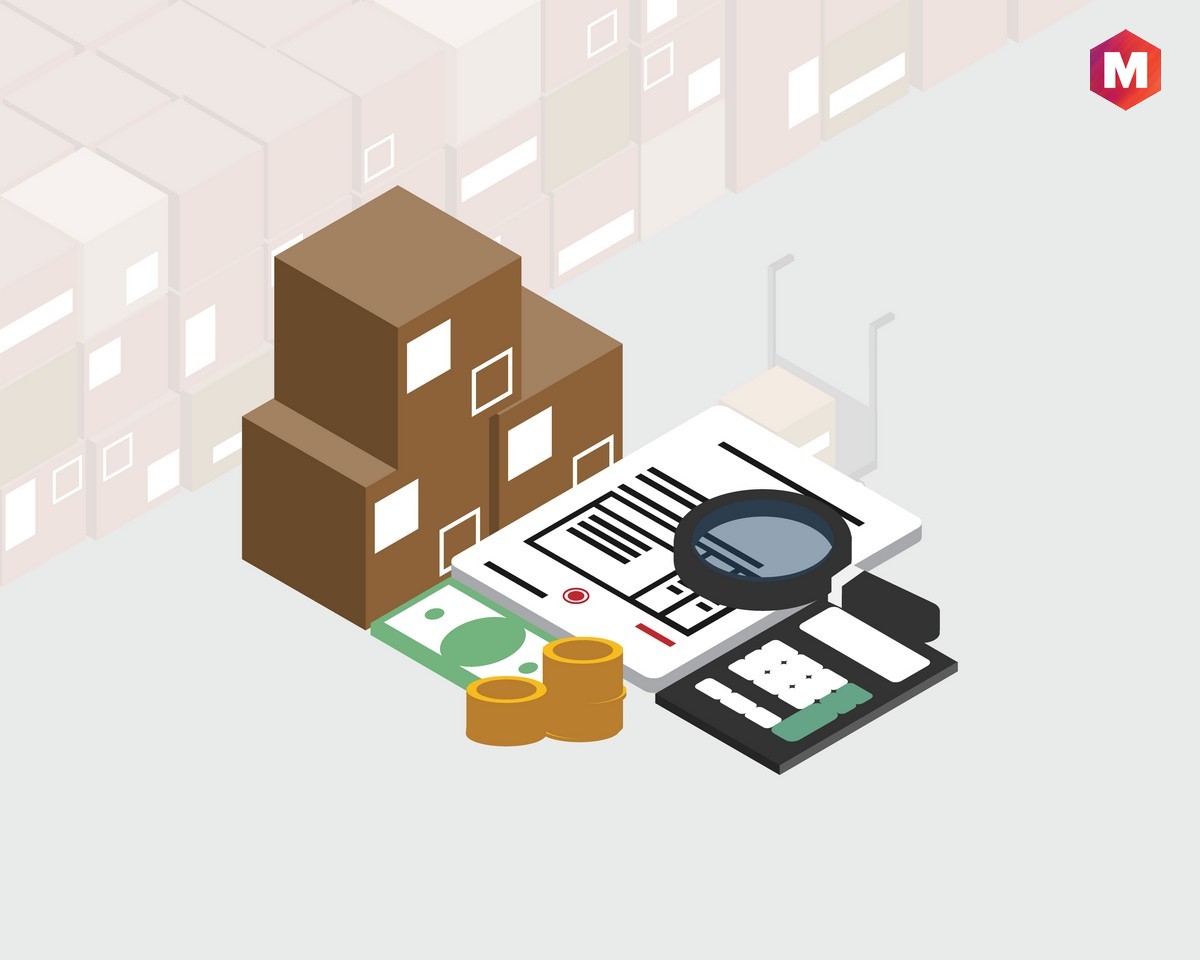Delivery terms are the conditions under which goods or services are delivered. Delivery terms may include provisions for delivery date, method of delivery, and responsibility for paying shipping costs.
Many international commercial terms or delivery terms that are used in international trade are known by their abbreviations, such as FOB, CIF, and CFR. Delivery terms are important because they specify when and how the buyer will receive the goods or services. Delivery terms also establish who is responsible for paying shipping costs. Delivery terms should be included in every sales contract.
Table of Contents
What are delivery terms?
Definition: Delivery terms are the agreements between seller and buyer on when and how the products in a sales contract will be delivered. Delivery terms also include who will pay for shipping costs, if any.
Delivery terms are important because they establish when and how the buyer will receive the products or services. Delivery terms also identify who is responsible for paying shipping costs. Delivery terms are typically abbreviated, such as FOB, CFR, CPT, DAT, CIF, DAP, DDP, etc.
Meaning of Delivery Terms
When goods are sold internationally, the delivery terms used by the parties can have a significant impact on who bears the risks and costs of transportation. Delivery terms are the conditions under which the seller agrees to transfer the goods to the buyer.
The delivery terms used in international sales contracts are typically determined by the Incoterms® rules published by the International Chamber of Commerce (ICC). The ICC first published Incoterms® in 1936 and has updated the rules several times since then, with the most recent update taking effect in 2010.
There are 11 Incoterms® rules, divided into two groups:
- E terms: for use when the buyer bears all the risks and costs of transport, including customs clearance, up to the delivery point at the destination port.
- F terms: for use when the seller bears all the risks and costs of transport, including customs clearance, up to the delivery point at the destination port.
The delivery terms used will affect when the buyer assumes the risks and costs of transportation, as well as other important aspects of the sale such as who is responsible for customs clearance and whether the buyer or seller is responsible for paying transportation costs. They decide buyer and seller’s obligations. They also suggest how the risk passes from sender to buyer.
When goods are transported by water, the delivery terms used can also affect whether the inland waterway transport is considered to be part of the international sale contract. Delivery terms are important because they determine when the risks and costs associated with the goods are transferred from the seller to the buyer. They also establish the mutual obligations of the parties with respect to the delivery of the goods.
Why are delivery terms important?
Delivery terms are important because they establish when and how the buyer will receive the products or services. Delivery terms also identify who is responsible for paying shipping costs.
Delivery terms are typically abbreviated, such as FOB, FAS, CFR, EXW, CPT, DAT, CIF, CFR, DAP, CIP DDP, etc. Delivery terms are important because they specify when and how the buyer will receive the goods or services. Delivery terms also establish who is responsible for paying shipping costs. Delivery terms should be included in every sales contract.
Popular Delivery Terms under the Incoterms
Some of the shipment terms that are used under International Commercial Terms (Incoterms) are
1. EXW (Ex Works)
The seller only has to make the goods available at their premises. This term places the maximum obligation on the buyer and minimum obligations on the seller.
2. FOB (Free On Board)
The seller has to deliver the goods at their own cost and risk to the vessel, including loading costs. The buyer has to pay the cost of freight and insurance from the port of shipment to the destination.
3. CFR (Cost & Freight)
The seller has to pay the cost of carriage and insurance to bring the goods to the port of destination. The buyer has to arrange for unloading from the arriving vessel and pay duty if required.
4. CIF (Cost, Insurance & Freight)
The seller pays for transportation and insurance costs up to the point of destination. The buyer is responsible for import duties and other formalities at the port of entry.
5. CPT (Carriage Paid To)
The seller pays for the cost of carriage to the named destination point, but the risk of loss or damage to the goods remains with the buyer during transit.
6. CIP (Carriage and Insurance Paid To)
The seller pays for transportation and insurance costs up to the destination point. The buyer is only responsible for import duties at the port of entry.
7. DAT (Delivered At Terminal)
The seller delivers when the goods are placed at the disposal of the buyer on board the vessel or another carrier, including loading costs. The terminal could be a port, airport, or inland freight terminal.
8. DAP (Delivered At Place)
The seller pays for the cost of carriage to the named destination point, but the risk of loss or damage to the goods remains with the seller during transit.
9. DDP (Delivered Duty Paid)
The seller pays all costs in bringing the goods to the named destination point and assumes responsibility for paying any duty.
10. FCA (Free Carrier)
The seller is responsible for delivering the goods to the carrier nominated by the buyer at a named place, including loading costs. The risk of loss or damage to the goods is transferred from the seller to the buyer when the goods are delivered to the carrier.
11. FAS (Free Alongside Ship)
The seller is responsible for delivering the goods to the quayside or wharf next to the vessel nominated by the buyer, including loading costs. The risk of loss or damage to the goods is transferred from seller to buyer when the goods are delivered alongside the vessel.
Incoterms Clarify Responsibilities of Parties to a Sales Transaction
Delivery terms under Incoterms clarify the responsibilities of the buyer and seller in a sales transaction. Delivery terms specify when and where the buyer takes ownership of the goods and who pays for shipping costs.
Delivery terms also identify which party is responsible for paying import duties. Delivery terms should be included in every sales contract to avoid misunderstandings about the responsibilities of each party.
Benefits of using Delivery Terms
Some of the benefits of using delivery terms are
- Delivery terms simplify the process of shipping goods internationally.
- Delivery terms help to avoid misunderstandings about the responsibilities of the buyer and seller.
- Delivery terms can help to protect the buyer or seller from incurring unexpected costs.
- Delivery terms can help to ensure that goods are delivered on time and in good condition.
Factors to consider while finalizing delivery terms
When choosing delivery terms, it is important to consider the
1. Type of goods being shipped
Some goods are more vulnerable to damage than others and require special care while handling.
2. Mode of transportation
The mode of transportation will affect the time it takes to deliver the goods and the costs involved.
3. Distance
Longer distances will take more time and cost more to ship.
4. Import duties
Depending on the country of destination, import duties may be applicable. It is important to consider who will be responsible for paying these duties.
5. Delivery schedule
The delivery schedule should be agreed upon by both parties and should be realistic.
6. Insurance
It is important to insure the goods against loss or damage during transit.
Conclusion!
On the concluding note, it is clear that Delivery terms are important for a sales contract. Delivery terms help to protect the buyer or seller from incurring unexpected costs.
Delivery terms are an important part of any sales contract. Delivery terms specify when and where the buyer takes ownership of the goods and who pays for shipping costs. Delivery terms also identify which party is responsible for paying import duties. Delivery terms should be included in every sales contract to avoid misunderstandings about the responsibilities of each party.
Delivery terms can help to ensure that goods are delivered on time and in good condition. When finalizing delivery terms, it is important to consider the type of goods being shipped, the mode of transportation, the distance, import duties, the delivery schedule, and insurance.
What do you think about delivery terms? Do you have any questions or suggestions? Please let us know in the comments below.
Liked this post? Check out the complete series on Distribution


Informative stuff, thanks alot !